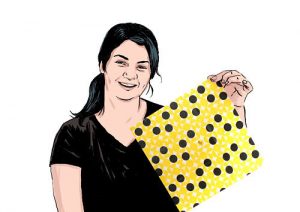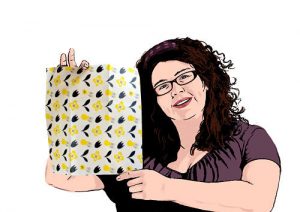Organic Cotton vs Conventional Cotton
There are many reasons why organic cotton is better than conventional cotton. Organic cotton uses only non-genetically modified seeds and is grown without using toxic synthetic chemicals, pesticides, or fertilizers. Organic cotton production reduces human, animal, and environmental impact.
1. Sustainability, always
Organic certification requires safe working conditions, no child labour, and fair wages for workers. Production must protect water supplies and treat all wastewater. Chlorine bleaches and chemicals commonly used in textile processing that can cause cancer, birth defects, and other serious illnesses are not allowed.
2. Organic saves lives
The $2 billion worth of chemicals sprayed on conventional cotton crops worldwide every year (half of which are designated toxic by the WHO) includes 900+ registered synthetic pest control products. Farmers’ exposure to these chemicals causes occupational illnesses and each year, up to 77 million cotton workers suffer acute pesticide poisoning, resulting in up to 20,000 deaths. Due to chemical exposure, the average life expectancy of a non-organic cotton farmer in India is mid-30’s.
3. Organic cotton uses less water
A single non-organic cotton t-shirt requires on average, 700 gallons of water to produce. That’s about 22 bathtubs’ worth— for one t-shirt! Organic cotton uses 91% less water to produce, thanks to healthier soil and less water pollution from run-off.
4. Working with nature
Growing organic cotton is a holistic approach to farming that strives for a balance with nature, using methods and materials that are of low impact to the environment. This includes physically removing weeds instead of spraying chemicals, using compost to maintain soil health, introducing beneficial insects that eat pests instead of using pesticides, and rotating and planting cover crops between growing seasons to replenish soil and prevent erosion.
Ethical outwork model
All nil wraps are made by mothers who are often on a benefit and struggle to find work. We invite you to not just buy something good, but to do something good. Consumerism is faceless. But a nil product is real, personal investment in transforming lives.


